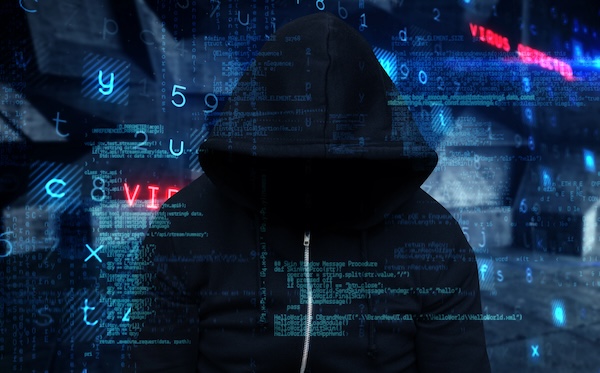I recently started watching “Witness to Murder: Digital Evidence,” a true crime show that focuses on using technology to catch criminals. Think suspicious Google searches, stored destinations on GPS, incriminating YouTube videos, child porn and pings on cell towers.
It’s really quite amazing how much evidence folks create on their computers and cellphones. Even the act of turning off the phone or GPS while committing a criminal act can lead police right to a predator. Technology can help the authorities learn more about the victim as well, creating a timeline of events and providing connections to possible witnesses or persons of interest.
Then there’s the fact that so much of our public life is now captured on video. It’s creepy as hell when you think about it — very Big Brother — and yet such surveillance can both deter crime and catch people who’ve committed criminal acts. So often, the police officers interviewed on the show say the same things:
* The video is a witness without an agenda. It doesn’t lie.
* Without the video, we never would’ve identified the criminal/solved this crime/convicted the perpetrator.
As someone with “lawful good” tendencies, a life of crime has never interested me. I’d rather earn or win than take, and I’d rather help than harm. I wouldn’t hesitate to give police access to our Nest footage if it could help catch a culprit. And unless I had some proprietary information on it — or notes/recordings/photos about a news story I’m writing — the authorities would find nothing even remotely interesting on my phone, mostly just recipes and thousands of cat photos.
(One side-note: All those odd, murder-y Google searches are for my novel. I swear!)
That said, I’m surprised shows like this don’t make criminals rethink their actions. If the technology continues to improve, and of course it will, it’s going to be even harder to get away with crimes and remain on the lam. Plus, if you give up a life of crime, you don’t have to worry about every move you make, either in the real world or online.





